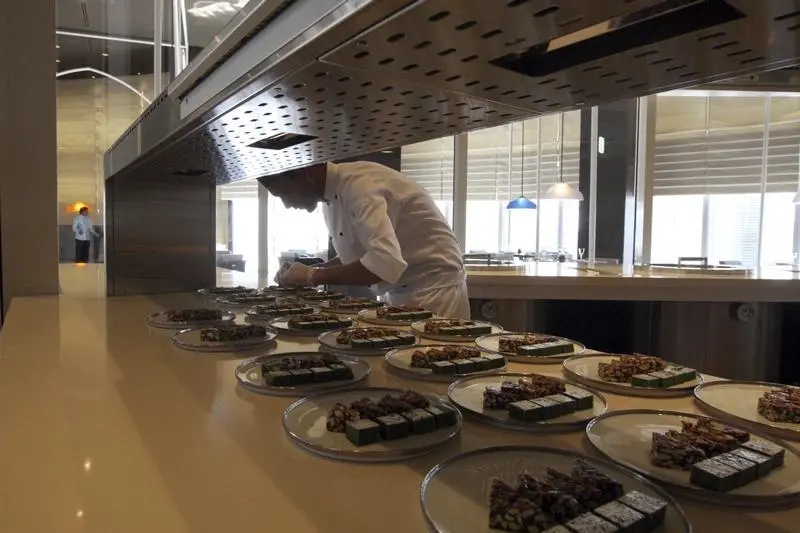PHOTO
The wastage of imported and locally grown food is a key issue for Saudi Arabia and the UAE, so much so that whichever way it is measured, wastage quantities are significantly higher than those found in the US and European countries.
With hotels and restaurants being one of the biggest waste generating sources, the average annual amount of food waste is estimated at 427 kg per person in KSA, 197 kg per person in the UAE compared with the 95-115 kg average per person in Europe and North America, according to a report titled Food for the Future: Sustainable Agriculture Sector in Egypt, Saudi Arabia and the UAE. The report was produced by EY in collaboration with HSBC.
Both individual and commercial behaviours contribute to the high food wastage levels in both Gulf states. According to a recent survey, about 78 percent of home food purchased in Saudi is discarded by residents each week to make room for new groceries.
With food items and groceries highly subsidised and abundantly available to all, residents take food for granted, the report said.
At a commercial level, despite the various awareness drives and initiatives, there is a lack of government-driven laws and regulations in the hospitality, food retail and residential sectors to ensure that organisations and individuals work towards the issue of managing food waste in the three countries.
For the UAE, food safety and security standards are top priority. The Gulf state is targeting a 50 percent decrease in food wastage by 2030. UAE aims to join top 10 countries in Global Food Security Index by 2021 and become 1st by 2051.
From an economic sustainability standpoint, food waste can erode a major portion of national revenues for countries, creating unnecessary demand for surplus food that can then increase a dependence on imports, the report said.
Untreated food waste also contributes to climate change due to the production and emission of a significant amount of methane from anaerobic decomposition.
A key challenge in accepting and overcoming this situation is the inability to successfully mitigate long established unsustainable lifestyle attributes in the region. Furthermore, business models that take advantage of food waste, such as composting facilities, are still scarce and often expensive, the report noted.
(Writing by Seban Scaria; editing by Anoop Menon)
#Saudi #UAE #Food Wastage #HSBC #EY #Research
Disclaimer: This article is provided for informational purposes only. The content does not provide tax, legal or investment advice or opinion regarding the suitability, value or profitability of any particular security, portfolio or investment strategy. Read our full disclaimer policy here
© ZAWYA 2020





















